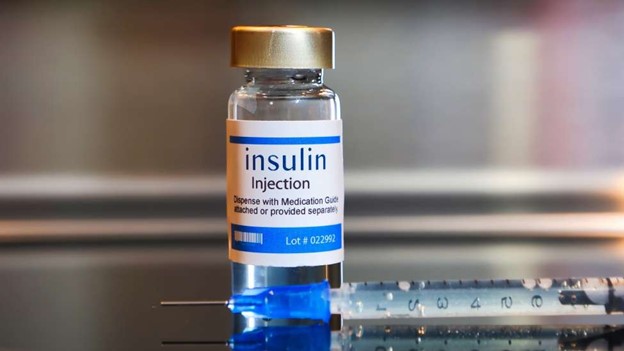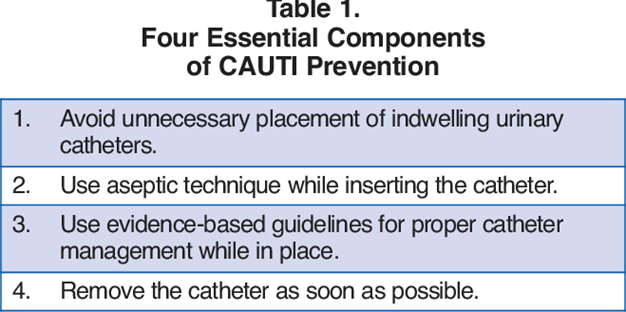The nurse is caring for a patient with hyperkalemia.
Which of the following interventions would be appropriate?
Encouraging the patient to consume a high-potassium diet.
Administering intravenous insulin and glucose.
Administering a potassium-sparing diuretic.
Encouraging the patient to limit fluid intake.
The Correct Answer is B

This is because hyperkalemia is a condition where the blood potassium level is too high.
This can cause cardiac arrhythmias, muscle weakness, and paralysis. Therefore, the nurse should administer intravenous insulin and glucose to lower the blood potassium level by shifting it into the cells.
Choice A is wrong because encouraging the patient to consume a high- potassium diet would increase the blood potassium level and worsen the condition.
Choice C is wrong because administering a potassium-sparing diuretic would prevent the excretion of excess potassium and aggravate the hyperkalemia.
Choice D is wrong because encouraging the patient to limit fluid intake is not relevant to the management of hyperkalemia and may cause dehydration.
Nursing Test Bank
Naxlex Comprehensive Predictor Exams
Related Questions
Correct Answer is A
Explanation

This is because urinary catheters are a common source of catheter associated urinary tract infections (CAUTIs), which can lead to complications such as pyelonephritis, sepsis, and renal failure. Therefore, the nurse should remove the catheter as soon as possible to reduce the risk of infection and promote normal urinary function.
Choice B is wrong because ensuring that the catheter is properly secured to prevent accidental dislodgement is not a priority intervention for a patient with a urinary catheter.
While this is an important nursing action to prevent trauma and bleeding, it does not address the main complication of catheterization, which is infection.
Choice C is wrong because encouraging the patient to drink fluids to prevent dehydration is not a priority intervention for a patient with a urinary catheter.
While this is a good nursing practice to maintain hydration and renal perfusion, it does not affect the risk of infection associated with catheterization.
Choice D is wrong because administering antibiotics to prevent infection is not a priority intervention for a patient with a urinary catheter.
While this may be indicated for some patients who have signs and symptoms of UTI or who are at high risk of infection, it is not a routine measure for all patients with catheters and may contribute to antibiotic resistance.
Correct Answer is C
Explanation
This is because intravenous potassium supplementation is indicated for patients with profound hypokalemia (plasma K+ <2.5 mmol/L) or cardiac arrhythmia. The rate of infusion should not exceed 10 mmol/hour to prevent complications such as hyperkalemia, cardiac arrhythmias, and phlebitis.
Choice A is wrong because monitoring urine output every 8 hours is not sufficient to prevent complications from intravenous potassium replacement therapy.
Urine output should be monitored more frequently (at least every 4 hours) to assess renal function and fluid balance.
Choice B is wrong because administering potassium via a bolus injection is dangerous and can cause fatal cardiac arrhythmias.
Potassium should never be given by intravenous push or intramuscular injection.
Choice D is wrong because encouraging the client to eat potassium-rich foods is not appropriate for patients receiving intravenous potassium replacement therapy.
Oral potassium supplementation is preferred for patients with mild to moderate hypokalemia (plasma K+ 2.5-3.5 mmol/L) who can eat and absorb oral potassium.
Potassium-rich foods include potatoes, legumes, juices, seafood, leafy greens, dairy, tomatoes and bananas.
Whether you are a student looking to ace your exams or a practicing nurse seeking to enhance your expertise , our nursing education contents will empower you with the confidence and competence to make a difference in the lives of patients and become a respected leader in the healthcare field.
Visit Naxlex, invest in your future and unlock endless possibilities with our unparalleled nursing education contents today
Report Wrong Answer on the Current Question
Do you disagree with the answer? If yes, what is your expected answer? Explain.
Kindly be descriptive with the issue you are facing.
